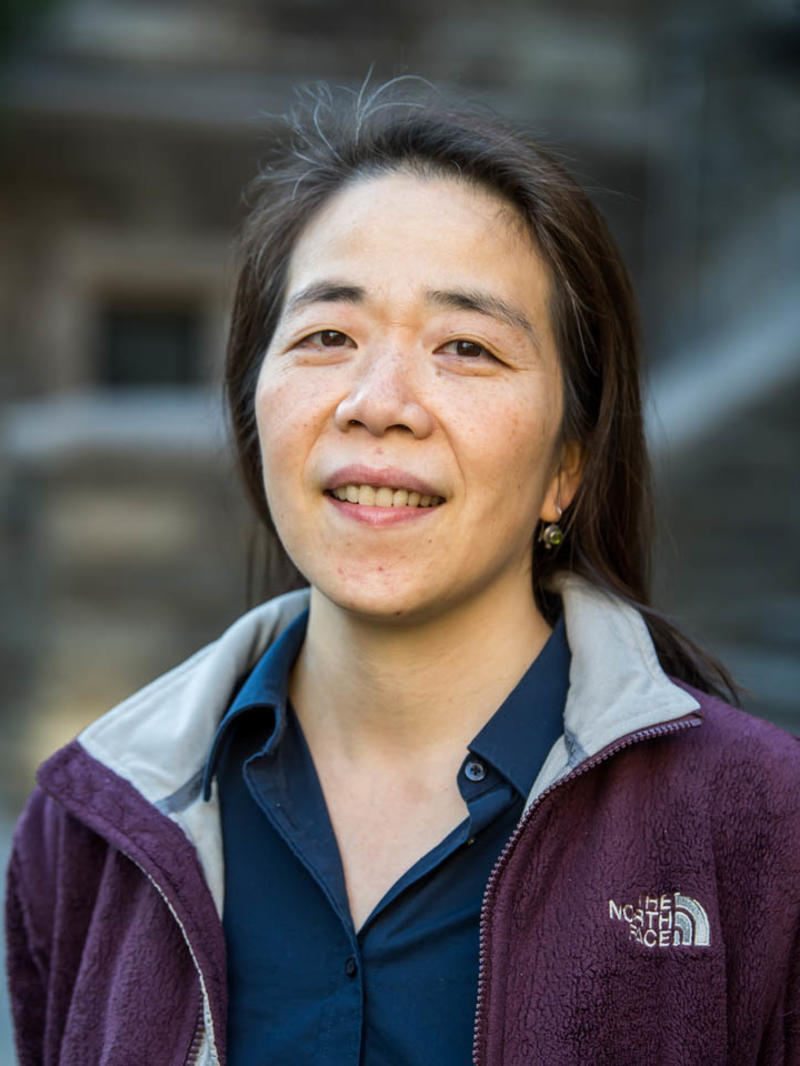The Lee-Soety lab studies eukaryotic genetic and biochemical processes using baker’s yeast as a model system. Saccharomyces cerevisae are single-cells that shares numerous similarities with mammalian cells, and much of what is learned in yeast can be translated to cellular mechanisms in human cells.
One set of projects is to understand how telomeres are maintained. Telomeres cap the ends of eukaryotic chromosomes and protect essential genomic information. A cell may perceive unprotected ends as damaged DNA and activate DNA damage signals which leads to cell cycle arrest, also known as cell senescence. We want to understand how an RNA processing protein, Npl3, is involved in this maintenance. Mutant yeast cells that can no longer maintain telomeres and lack Npl3 function undergo rapid cell senescence and produce high levels of unusual non-coding telomere transcripts. We have evidence to show that Npl3 may regulate the expression of these transcripts and want to understand the mechanism and significance of this regulation.
A second set of projects investigates the master regulation of sporulation by Smk1, a MAPK homolog. In nutrient-poor conditions, the yeast cell initiates meiosis, where the DNA replicates followed by two rounds of chromosome segregation. The process continues where the prospore membranes (PSMs) surround the meiotic products to generate 4 haploid cells within the mother cell. Four layers of the spore wall are then assembled within and around PSMs, composed of sugar molecules rich in mannan, glucan, chitosan, and dityrosine from the inner- to outermost. Smk1 controls the post-meiotic program of spore morphogenesis, since smk1∆ mutants show defective spore walls with multiple aberrant spore wall assembly patterns seen even within a single ascus. One of the questions addresses how Smk1 is required for spore wall assembly. We are collaborating with Dr. Ed Winter at Thomas Jefferson University to identify other downstream substrates for Smk1.
Understanding telomere maintenance in yeast gains insight into the onset of cancer and processes of aging in human cells. Similarly, studying the regulation of sporulation will further the understanding of gametogenesis and cell differentiation.
